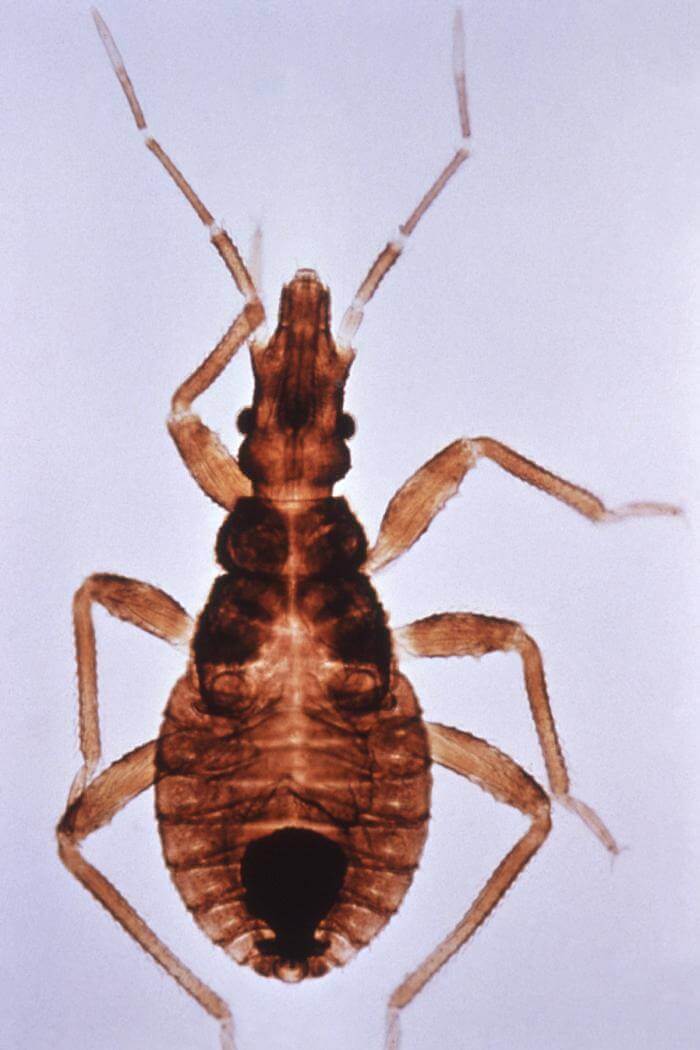Kat KelleyGHTC
Kat Kelly is a senior program assistant at GHTC who supports GHTC's communications and member engagement activities.
Sabin Vaccine Institute—a member of GHTC—and Texas Children’s Hospital Center for Vaccine Development received a US$1.8 million grant to expedite the research and development of the first therapeutic vaccine for Chagas disease, which is currently undergoing preclinical research by the same team. Chagas is caused by the parasite Trypanosoma cruzi, which attacks and feeds on human tissue, resulting in heart or digestive disorders in nearly one-third of those infected. The disease is endemic throughout Latin America and in recent years has moved into the United States. The grant comes from the Robert J. Kleberg, Jr. and Helen C. Kleberg Foundation, which works to improve the quality of life in southern Texas, where investigators estimate there are anywhere from tens to hundreds of thousands of Chagas cases in humans.
The Critical Path Institute (C-Path)—a nonprofit that facilitates cross-sector partnerships to expedite drug development and regulatory approval—has formed a Pre-Launch Consortium tasked with establishing and operating a Global Pediatric Clinical Trials Network. The Consortium will be comprised of representatives from academia, the public and private sectors, the pharmaceutical industry, foundations, and child health advocacy groups and will determine the structure and leadership of the Network, which will be nonprofit and independent from C-Path. The Network is intended to be a resource, providing technical expertise and using its global infrastructure to advance the development and approval of pediatric treatments across diseases and conditions, phases of trials, and types of studies. The Network’s resources will be available to all product developers, both for- and not-for-profit.

Dr. Rebecca Richards-Kortum and Dr. Maria Oden, professors of Bioengineering at Rice University, are working to create a “Nursery of the Future” to save the lives of babies born prematurely in low-resource settings. Prematurity is the leading cause of death for children under five years old. In hospitals in high-income countries, expensive computer monitors are used to alert staff when a baby stops breathing, so that they can wake the infant and trigger him or her to keep breathing. As a low-cost, innovative alternative, the team has successfully tested a band that wraps around an infant’s belly and vibrates—using motors similar to those in cell phones—when the baby stops breathing, waking it directly. Next, Richards-Kortum and Oden want to develop low-cost alternatives for infant warmers, oxygen concentrators, and serum bilirubin tests—all expensive equipment used in hospitals in high-income countries. Their eventual goal is to create an entire nursery that costs less than US$10,000.
A new study suggests that “leaky” vaccines, which decrease the severity of an infection rather than prevent it entirely, could lead to the evolution of more virulent pathogens. The basic premise is that when a pathogen is able to survive in a vaccinated person, it grows stronger, and the vaccinated person can then become an asymptomatic carrier of the more deadly version of the pathogen. The study, led by Dr. Andrew Read, a professor of Biology and Entomology and Pennsylvania State University, applied the theory to Marek’s disease, a poultry disease against which farmers regularly vaccinate their chickens. Read’s team demonstrated that, when infected with different strains of Marek’s disease virus, vaccinated chickens were effective carriers, and that those infected with highly virulent strains were able to spread the disease to a greater number of unvaccinated chickens. Read believes that “we are entering the era of leaky vaccines in humans,” as researchers develop partially effective vaccines for complicated viruses such as malaria or HIV and AIDS. However, vaccine researcher Dr. Adrian Hill of Oxford University argues that the theory is plausible but unlikely, referring to Marek’s disease as “the only example of this happening” and noting that the development of natural immunity in a population could have the same effect.